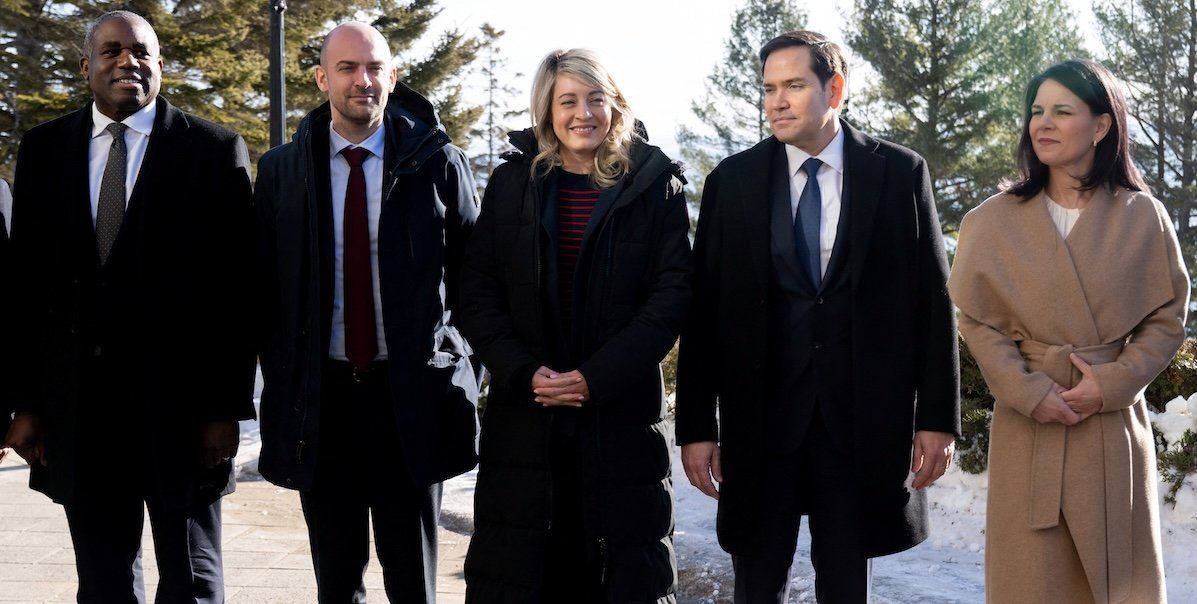Ahead of the 50th G7 Summit in Kananaskis, Alberta, this summer, foreign ministers from member countries are meeting in Charlevoix, Quebec, this week. Canada, as the current president of the G7, is hosting the confab, which may be a tad … awkward.
The agenda features security discussions about the Middle East, Africa, Haiti, and Venezuela. The group will also discuss Indo-Pacific stability. But then there’s, as the summit website puts it, the issue of “ongoing support for Ukraine in the face of Russia’s aggression.”
US Secretary of State Marco Rubio has signaled that he doesn’t want to antagonize Russia during the summit, fearing that would put President Donald Trump’s efforts to strike a peace deal between Russia and Ukraine at risk. That will make any agreement on a joint communique from the group tough since other member states, including host Canada, are taking tougher stances against Russia.
And then there’s the pesky matter of Trump’s growing threats to annex Canada and make it the “cherished 51st state” through economy-crushing tariffs. Rubio says the matter won’t be discussed.
“It is not a meeting about how we’re going to take over Canada,” he says – a sentence that was inconceivable just months ago. Even the incoming prime minister, Mark Carney, has brought it up, saying on Wednesday that he would only meet Trump if the president respected Canadian sovereignty.
So, there’s a non-zero chance US threats to annex Canada come up anyway as the country continues to take seriously and
reject Trump’s threats— and as fault lines among the G7 grow ahead of the big show in June.
